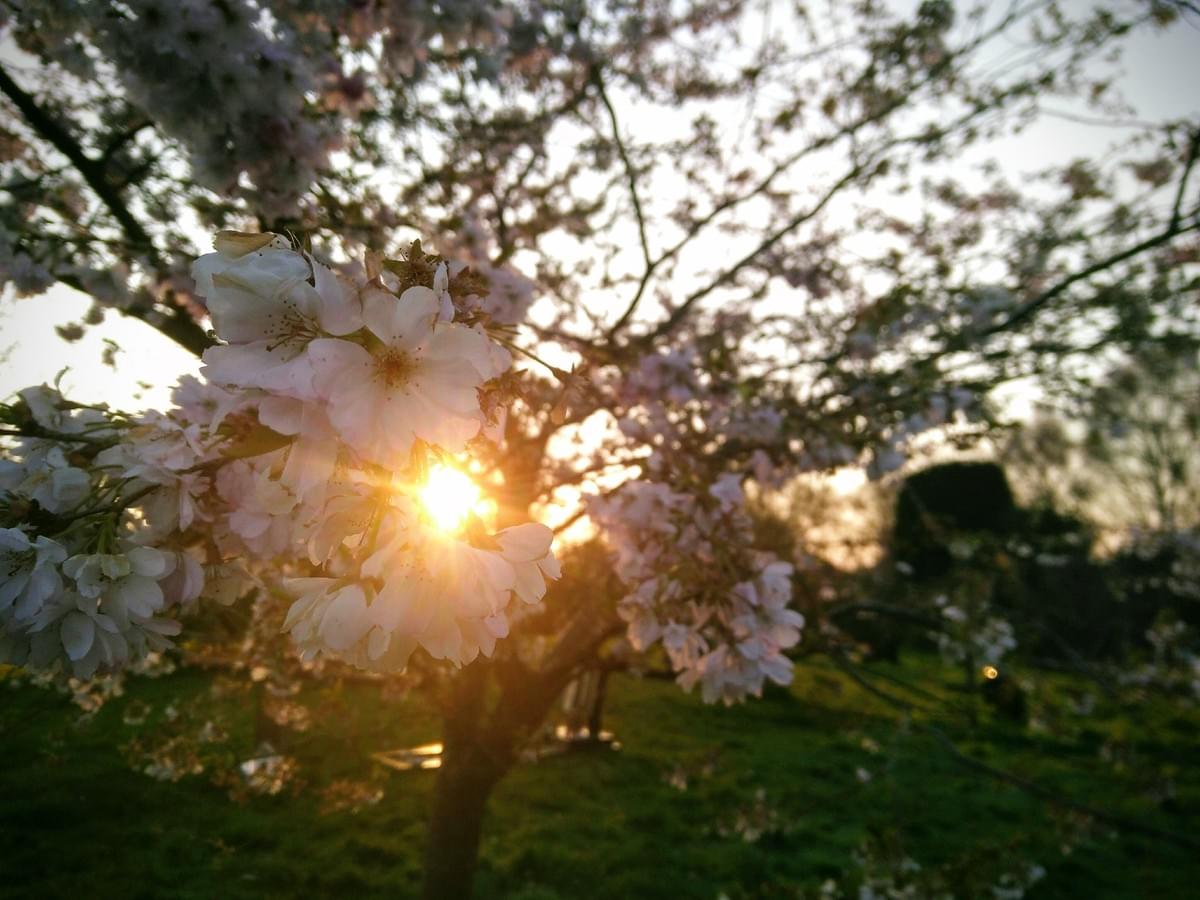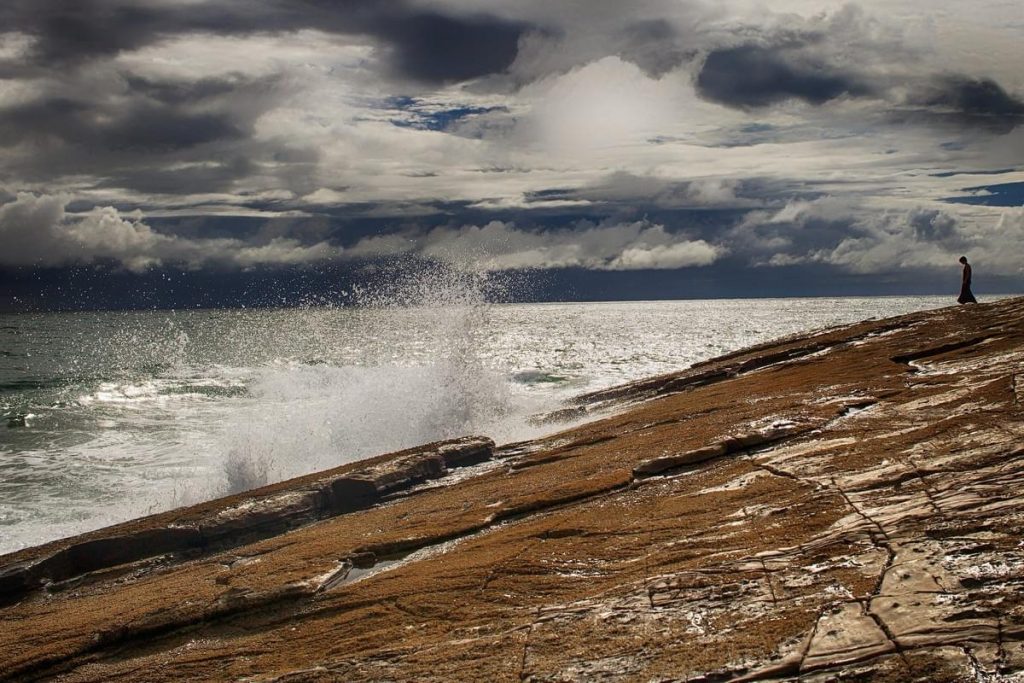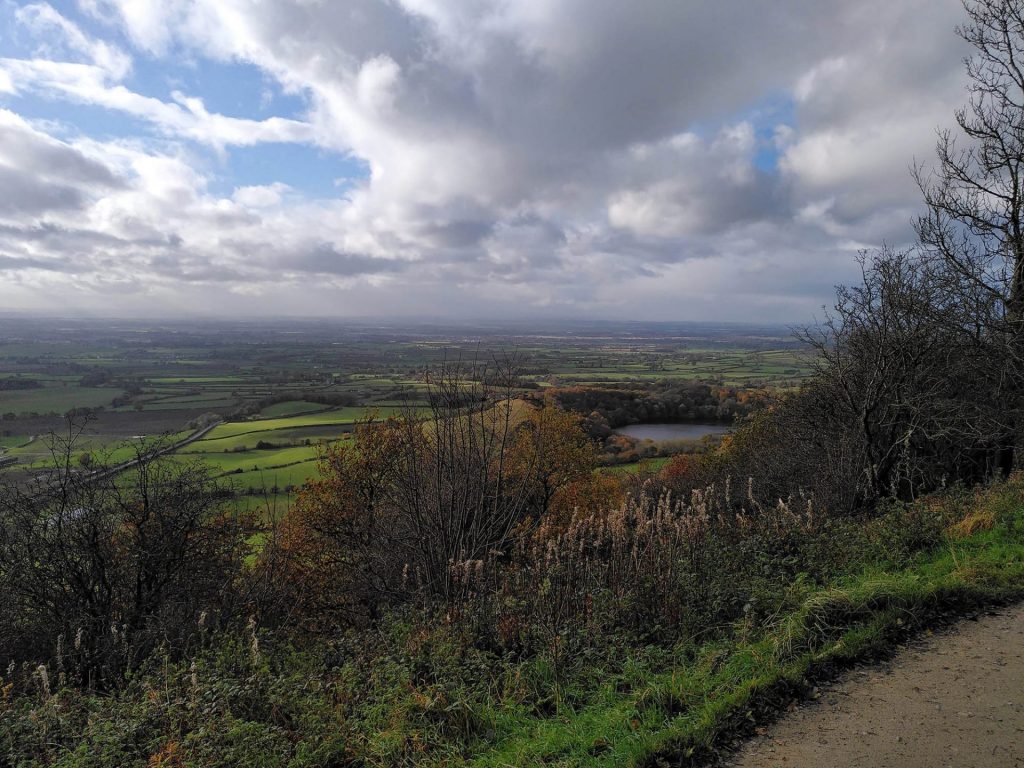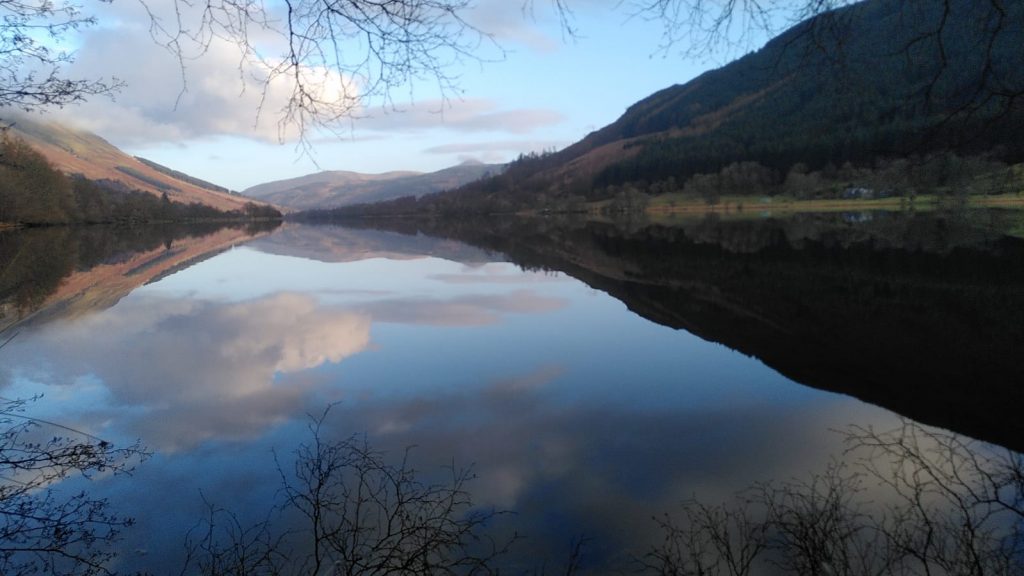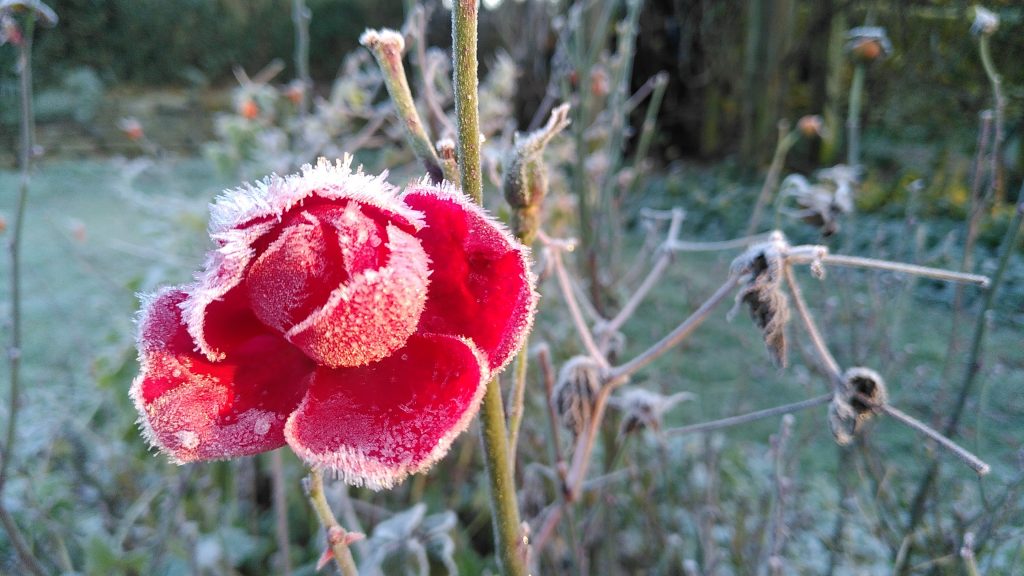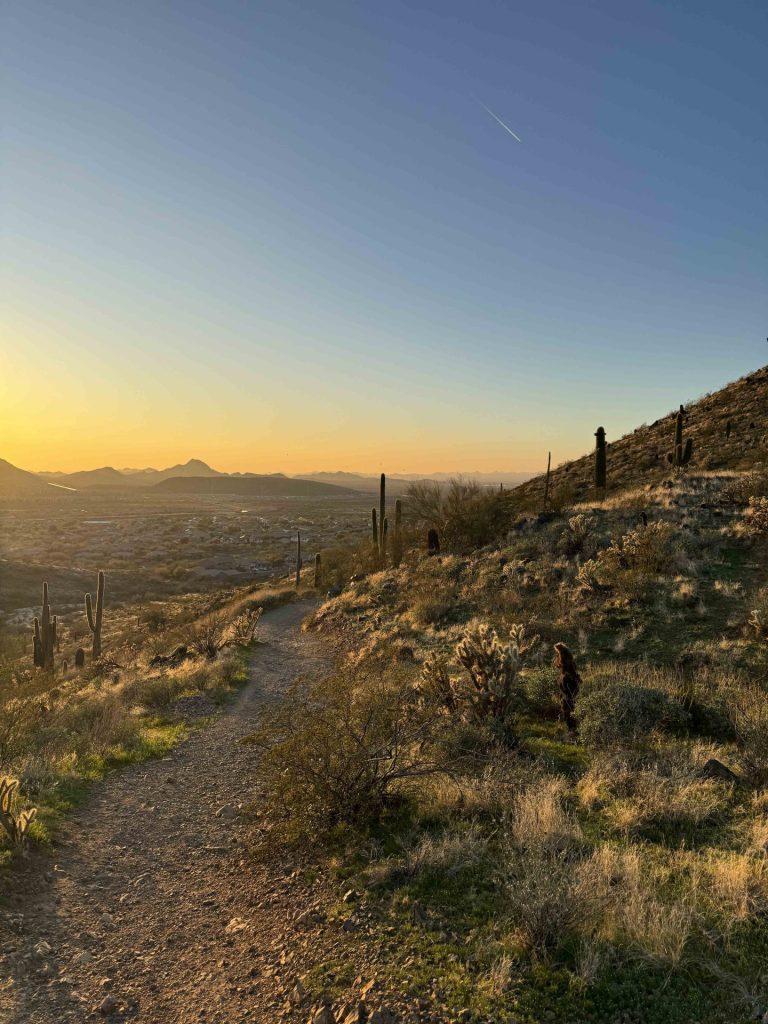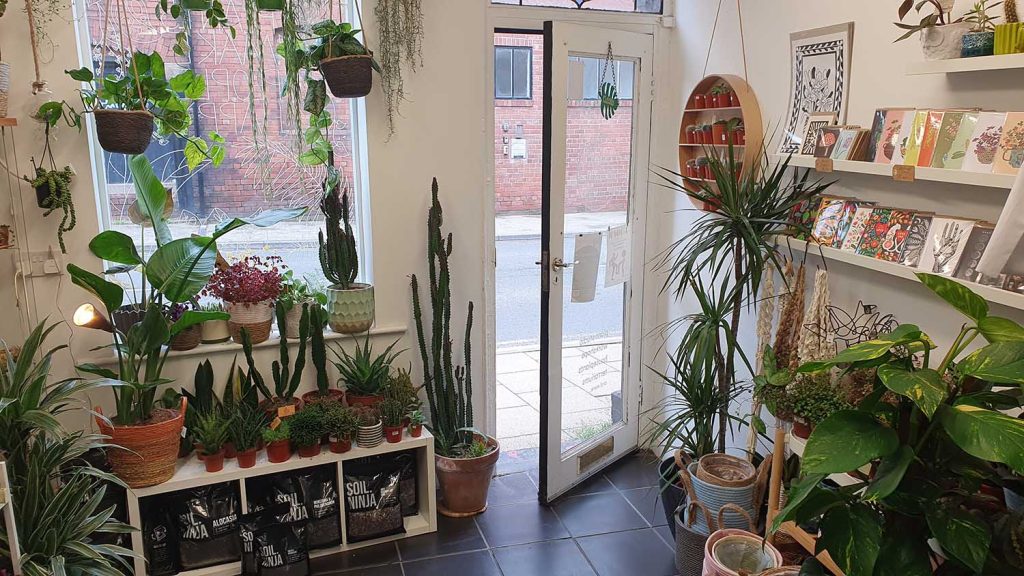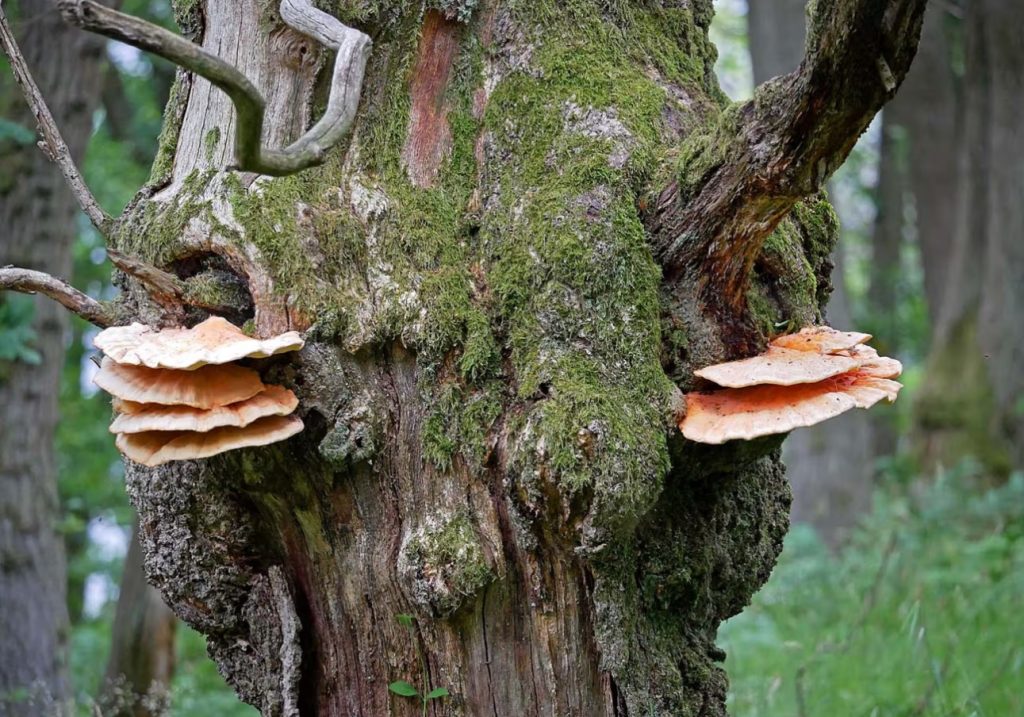A thought for the climate movement during a pandemic
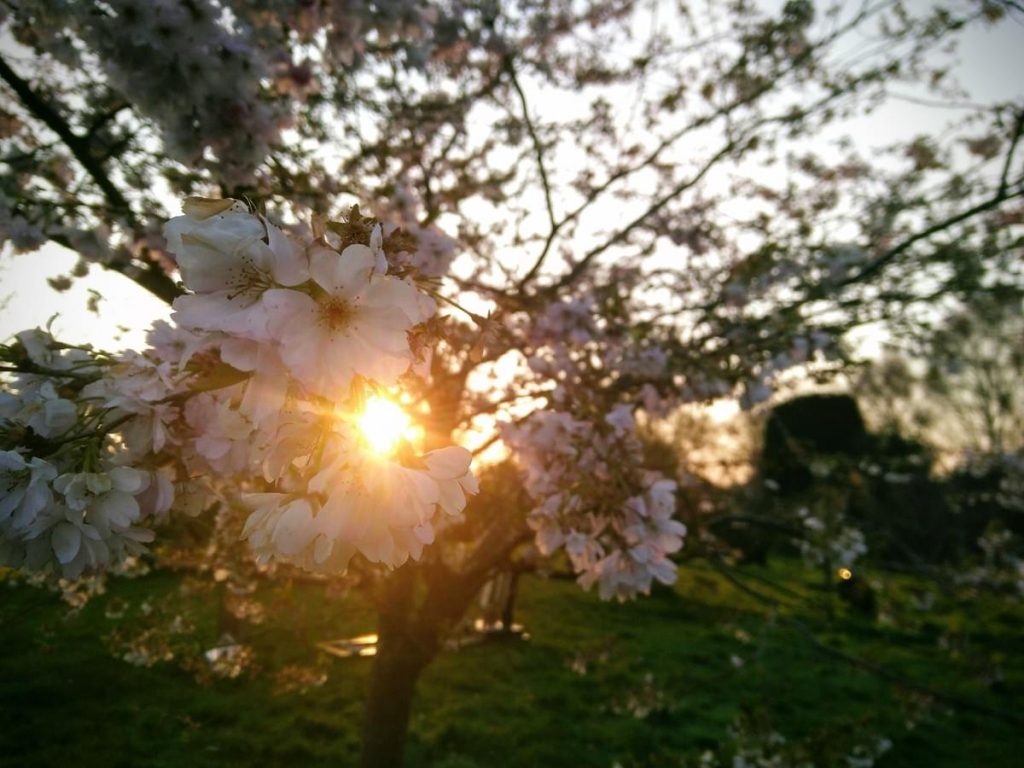
Disclaimer 1: This is not the most useful thing you will read regarding the coronavirus. Nor will it be the most informed.
Disclaimer 2: Taking the time to write this and making the links between the climate crisis and the coronavirus highlights my distance from the pandemic. I am not on the frontline of this crisis and my thoughts are with my friends and family and those I don’t know, working in the NHS, caring for the elderly and vulnerable and all those keeping the country ticking over. Boy have we grossly underestimated your value to our society.
I started this post in the naive days of pre-lockdown, pre-schools closing – when we were still meeting in groups. Soon after we began “social distancing” as the virus forced its way into our lives,I’ve found it hard to write anything, especially when we’re so damn in the middle of it.
What follows is a tentative exploration of what the unfolding coronavirus crisis can tell us about how we can/will/do/could deal with the climate and ecological crisis.
But it’s also a mark in the sand, for me mostly. Things could change tomorrow but this is where my thoughts are at right now (and some of the thought leaders I quote) – it feels like history is being made each day and the middle of the story is as important to tell as well as the end when we’ll have the benefit of glorious hindsight.
Back in 2019 (remember 2019?), 2020 was being heralded as a super year. Alas, it was not to be. Instead, we’ve had threat of nuclear war, super fires in Australia and now the super virus; Covid-19.
And it’s still. Only. March.
As the world attempts to grapple with the pandemic of coronavirus, I’ve been sitting here on my laptop watching it unfold.
And how the world has changed. And so quickly.
We are witnessing a glimpse of a different world. We’ve had our heads down; growth and consumption at full pelt until now. Like a visceral slap in the face we’ve come to an almost standstill. In the middle of the uncertainty, the chaos, the waiting, the distancing – are there any nuggets of gold here? Is there some light in these dark days?
The Great Pause
As of Friday 27 March 20% percent of the world’s population is on some sort of lock down. That’s 1 in 5. In the UK we are 1 week in of a 3 week lock down, the greatest restriction of personal freedom during peace time. It’s likely to be extended further. Shops, schools and borders are closed, public gatherings cancelled and cities deserted.
The ramifications for this kind of suspension just seem to ripple on and on. At first you think about what it means for your immediate life, then you start to zoom out. From the educational system having millions of students not completing their exams, to athletes needing to rethink their career as the only Olympics during peacetime is postponed. From realising how many of us are 1 or 2 paychecks away from being broke, to calling for global ceasefires and releasing political prisoners from overcrowded jails to slow the spread. Right down again to how for granted we take everything, how often many of us do interact with our fellow human beings and just how often we touch our face!
To tackle the climate crisis, we are going to have to slow down. But what we have seen in the last few days and weeks is a chaotic, unplanned grinding to a halt, not the controlled and just wind down the climate activists were calling for.
So much of what has contributed to the climate crisis is a system that keeps us working, keeps us buying, consuming, keeps us busy, keeps us stressed and keeps us moving. Here’s one of my favourite animations of just that cycle from Steve Cutts:
A world that operates on busyness as a form of social currency, has us all fretfully doing. The next task, the next shop, the next destination, the next hit.
What happens when we stay still?
What do you do when you’re not doing?
Doing can be addictive so pausing can be uncomfortable. We might try and numb ourselves by comfort eating (my vice is chocolate digestives), drinking, endless social media scrolling, porn etc. But it comes at a risk.
“We cannot selectively numb emotions, when we numb the painful emotions, we also numb the positive emotions.” – Brene Brown
As a friend of mine who has been self-quarantining after experiencing symptoms relayed, “it gets easier to accept the boredom after day three.”
Stopping can open up a space where we can reflect on our lives; what we’ve made of it so far, whether we’re content, whether we’re living to our fullest? Pausing gives us the opportunity to sit up from our crooked backs at computer screens, stretch and look up to the sky (from our window).
Our own fragility has been pulled into question during this pandemic, it can force us to (re)consider some of the more existential questions: What is my purpose? What brings me joy? What do I value?
Now think about potentially millions of us doing this around the world at the same time.
The Great Unveiling
“We cannot return to normal, because normal is what got us here.” [needs attribution]
To quote Naomi Klein from last night’s fascinating webinar [embedded below], “we are in the process of unveiling, what was already there was a crisis,” a social, economic, ecological and climate crises.
We’ve unveiled how fragile our systems are. Here in the UK Covid-19 has exposed the weaknesses in our public health system after a decade of austerity.
We’ve revealed which jobs are really crucial to keep our society running; the nurses, the doctors, social workers, carers, the checkout assistants, the delivery drivers, the teachers, the post men and women, and all the administrative support needed behind these.
Professor Kevin Anderson points out it’s never been clearer that a “nurse or careworker is at least the same value as a merchant banker.” Naomi Klein added, “we’ve unveiled the labour of care, which is trashed in capitalism, because it [capitalism] doesn’t want to admit we’re interconnected…we can never discard or devalue the labour of care again.”
And the things we were told were impossible yesterday have proved possible today due to Covid-19. The UK government’s move to pay 80% of employee wages is unprecedented. Airlines in Italy are being re-nationalised and it’s proved possible that within a week much of society’s knowledge workers can in fact work from home. Turns out you can govern a country while working at home.
Things we were told to be so – have proved untrue.
Beautifully summed up by Emlyn Pearce on Facebook on 11 March.
Coronavirus has revealed painful political truths in a way that nothing in our lifetimes has done before.
We were told that care workers were ‘unskilled’, that we didn’t need them in the way we need bankers or doctors.
Now we see that they are one of our most important lines of defence in a global health crisis.
We were told we could divide our country from other countries and thrive in splendid isolation.
Now we discover that we are intrinsically connected to our neighbours, and that if a vaccination is developed we will need the cooperation of other countries to access it as quickly as possible.
We were told that a zero hours, gig-based economy where workers must continue to be productive even if they are ill would be to the benefit of all of us.
Now we see that putting work before health costs lives.
We were told that refugees and migrants would bring disease into our country.
Now we discover that wealthy travellers are much more mobile, and therefore much more likely to fuel epidemics.
We were told that our National Health Service could be whittled away and dismantled in the name of money.
Now we discover that without the NHS, we will have no money.
Nothing reveals truth as powerfully as vulnerability.
The Great Reframe
If we have the headspace, this offers a moment to look at things differently.
From GDP to Gross Domestic Welfare
When the fragility of our systems, health, food, economy are exposed in such a vivid way, maybe here is where the modus operandum of ‘growth for the sake of growth’ gets debunked and we finally accept on mass that it is no longer fit for purpose. The space widens for other ways of measuring success can enter the mainstream.
“What Covid-19 has shown us is that we can do things differently,” offers Sir Michael Marmot.
In New Zealand they have already adopted a wellbeing budget for their economic policies, “enabling people to have the capabilities they need to have people lead a life of purpose, meaning and balance.”
A system that is set up in such a way would benefit our people and the planet. Is now the moment to change course?
From jet-setting getaways (that I have been hugely guilty of) to curiosity close by
In a (hopefully) 1.5 degree world, where we’ve curbed carbon emissions we’ll all be flying less, many of us not at all. The recent flight shutdowns has forced our hand: suddenly those who can go anywhere at any time, can’t. Aside from businesses forced to find remote working solutions, it might just have us questioning the need to travel in such a carbon intensive way. Christiana Figueres, who led the 195 nations to agree on the Paris Climate Agreement said in a recent TV interview; “one positive could be that if there are months of reduced travel, we may realise that we don’t have to travel as much.”
Maybe we’re heralding the appreciation of the local beauty around us, where we’ll measure the quality of our travels by the richness of the experience not just the number of likes.
I’ll bet there are a vast array of issues that we could reframe here. What have you been reframing in recent weeks?
The Great Empathy Leap
Our ability to disconnect from the consequences of our actions, especially when they are far away and out of sight has us perpetuating a system that is bad for the planet and bad for people. This cognitive dissonance means we carry on buying fast fashion despite an awareness that people maybe mistreated in the making of those clothes and chemical dyes leak into our water streams, we continue to chomp on steak knowing full well it is a huge contributor to climate change and ecological destruction, we waste food even though we know there are those that go without.
A lot of the debate around the climate crisis in the UK is that it feels far away, so we don’t feel compelled to act now. (Although back to back storms, Ciara, Dennis and Jorge in February 2020 might have pierced that bubble ). The coronavirus has arrived here on our doorstep.
As part of my EcoMentor work, EcoMentee Vicki spoke of her worry of the coronavirus which forced her to face the worry that so many people live under all the time; from a threat of war and famine. If fear of coronavirus has (some of) us fighting over bog roll, can we now finally empathise with those risking their lives in boats in the Mediterranean to seek out a safer existence?
Can we see the common humanity in an indigenous woman who struggles to feed her children because local oil exploration has poisoned the river and the soil?
Has the lightning speed at which coronavirus has spread finally knocked it into us – that we are all connected? Can we be all the kinder for it?
The Great Reimagining
“The only forward movement comes through struggle,” Keeanga-Yamahtta Taylor stated last night.
History has shown pandemics have thwarted wars but they have also accelerated colonising.
So it seems like we may be at a crossroads.
Corporate bailouts are already in discussion (Bill McKibben argues they must come with green strings attached) and at the same time mutual-aid groups have popped up all over the country, neighbours coming together for the first time. Acts of vandalism and profiteering off hand sanitiser have been exposed. And at the same time more than 400 000 people registered as a NHS volunteer in the first 24 hours, proving that acts of kindness can be more viral than Covid-19.
“We must think in unprecedented ways…we have an opportunity to remake our society for the good,” Naomi Klein passionately imparts.
“This moment humanity is going through can now be seen as a portal and as a hole. The decision to fall into the hole or go through the portal is up to you.
If they repent of the problem and consume the news 24 hours a day, with little energy, nervous all the time, with pessimism, they will fall into the hole.
But if you take this opportunity to look at yourself, rethink life and death, take care of yourself and others, you will cross the portal.”
White Eagle, Hopi indigenous on 03/16/2020
So, what’s it gonna be folks?
Whatever the climate movement looks like, if and when coronavirus allows the breathing space, my hunch is it will be hugely different.
Finally, Kevin Anderson remarks; “There is no one right answer to the climate story. We need narratives and storylines to bring that to the fore. We need to engage with the creatives, the artists, the storytellers. What makes a good world? A good society?… How can we use the forms of language to describe a progressive future?”
That sounds like a call I want to rise to.
Friday 27 March
Day 4 of UK lockdown.
The Naomi Klein webinar
Header photo from my daily government-approved walk through the local cemetery and nearest available green space.
